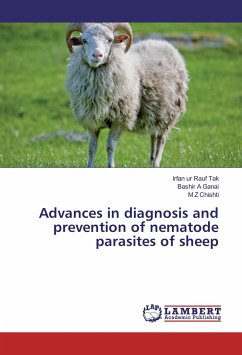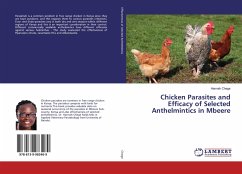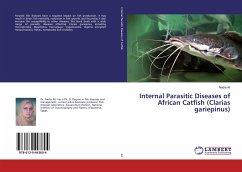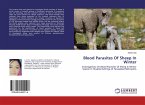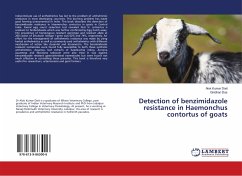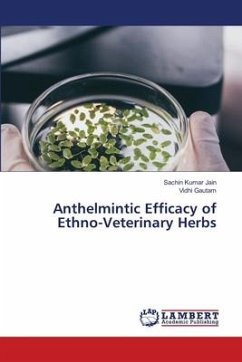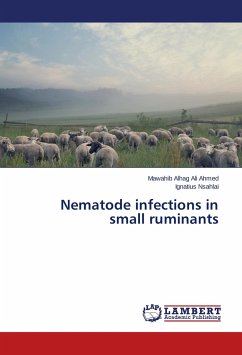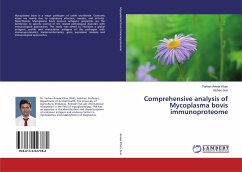Many innovative researches on the development and introduction of recombinant vaccines against many economically important parasites have been carried out in the 20th century. Research continues to hold promise with the development of immunological and molecular approaches for control of these parasites and in this regard it has already been seen that these parasites are susceptible to control by vaccines containing "novel" or "concealed" antigens. Current means of control which are dependent on repeated treatment with anthelmintics are responsible for the increasing drug resistance of these parasites. Together with the growing concern of residual chemicals in the environment and food chain, this has led to attempts to better understand the biology of these parasites with an aim to develop alternate means of control, including the development of molecular vaccines. More problematic and also important is the formulation and delivery strategy to induce expulsion of these parasites using vaccines containing recombinant "conventional" antigens. Computer models have also been used to simulate vaccine efficacy in worm control and have yielded good results.
Bitte wählen Sie Ihr Anliegen aus.
Rechnungen
Retourenschein anfordern
Bestellstatus
Storno

